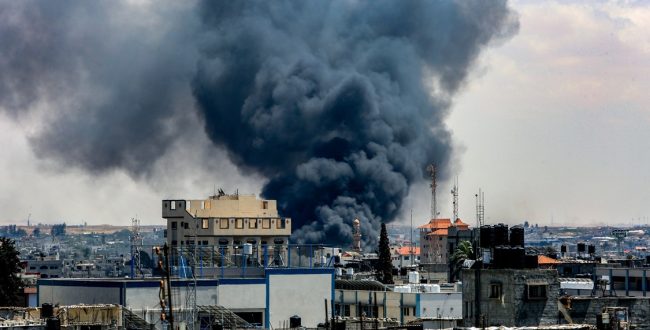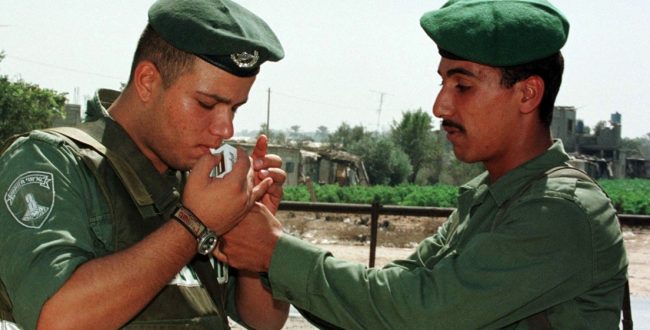In recent travels I found myself sharing a hotel in Athens with a large number of critically wounded Arabs – eye patches, crutches, limps, and one boy who stole my heart – his face stitched up in a map of pain and scars. Curious, I struck up a conversation in which he casually mentioned that he was part of a group of 70 rebel fighters sent by the interim Libyan government to receive medical treatment in Athens. He was visibly excited to hear I was from Israel and we continued our small talk until I gradually won his trust and that of his cohort. I was allowed a glimpse into the microcosm of these boys who made history for Libya and changed the face of the Arab world forever.
I asked if I can interview two of them. Mohammad and Ezoo were happy to share. I learned that these fighters came from diverse backgrounds spanning the spectrum of class, education and social status in Libya. When asked if they have personally suffered prior to the war, Mohammad answered: Us, we are small people, we don’t know anything from Ghaddafi, but when they told us to fight him, we knew he is bad and steals all the money of the people – so we went to fight. They entered the fight without much personal enmity against Ghaddafi, because their friends did so and their fathers commanded. “Be victorious or be martyred”, Mohammad quoted his father’s instructions.
Mohammad is married. Ezoo is single. Both came from homes which kept weapons hidden and used them, but others were supplied with Kalashnikovs, grenades and RPG’s by commanders of local militias. They fought alongside their family members in small independent groups with no clear leadership structure, and knew many who were killed during the fighting. Ezoo’s uncle and his whole family were killed. Ezoo abandoned his studies in mid-semester. Mohammad left behind a wife who gave birth in his absence and saw his new son, Islam, only via photos.
They kept on fighting until they could fight no more. After getting hit by a bullet, Mohammad had a local doctor remove it and went back into the fight. Shortly thereafter he received shrapnel in his head and stomach from a grenade and finally, after taking shrapnel in the leg from an RPG missile, had to leave the battlefield. He came to Athens to have his stomach sewn closed and receive multiple stitches on his right leg and forehead. His pal, Ezoo, did not want to discuss his injuries. They were sent to Europe when it became clear that the doctors in Libya, where medical institutions do not have the capabilities of European hospitals, were unable to treat them.
They talked about the future of democracy, their hopes for Libya, the candidates for whom they would like to vote, and the unlikelihood of one day welcoming an Israeli embassy in Tripoli. When asked if they feel differently toward America after its involvement, Mohammad said that Libyans in general idolized America even before the war, but today they know that all of Benghazi would have been wiped out with no hope of survival were it not for American assistance.
When asked if they see any improvement in Libya since the downfall of Ghaddafi they spoke of cleaner streets and the sense of security for women, who can now walk outside after dark without being assaulted. They recounted how previously minor disagreements ended in death but today they understand they need to talk things out even with people they hate.
Who is responsible for these improvements? They praise the militias, which keep them on good behavior until the new government takes over and asserts its authority. From a Western point of view decentralized militias may be seen as a sign of anarchy, but from their vantage militias are a positive element. They keep the streets clean, protect women and maintain the general order.
Pausing to consider the upheaval in the lives of those most vulnerable, the sudden disconnect from a previous status quo, the traumas undergone, and the shadows cast on their future, one wonders how these traumas will affect the shape of the region – and the repercussions when the dust settles. We cannot foresee the exact toll these untold traumas will have on young Libyans – but with freedom in the air, they dream of saving money, traveling the world and one day even seeing Israel.
















